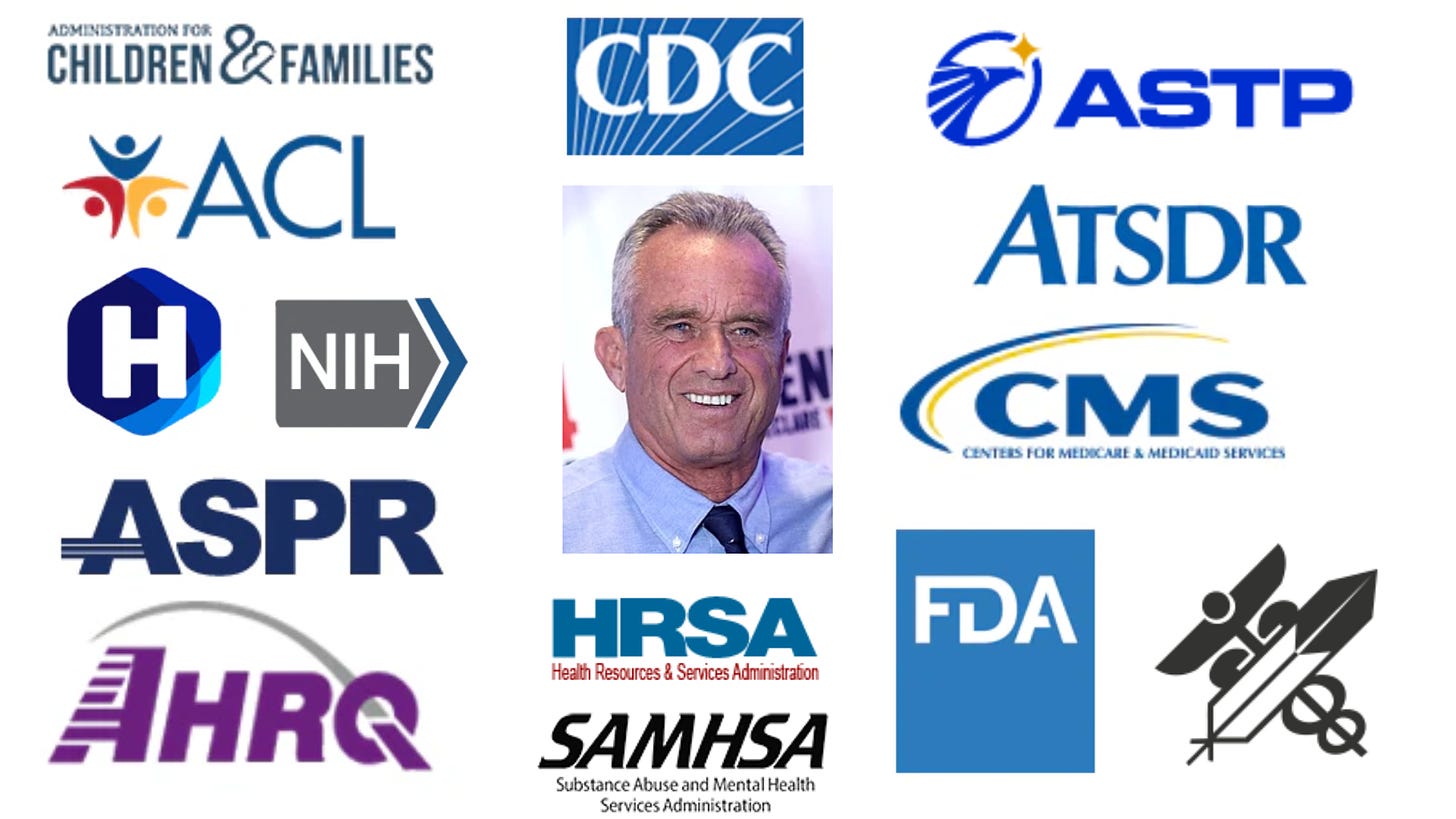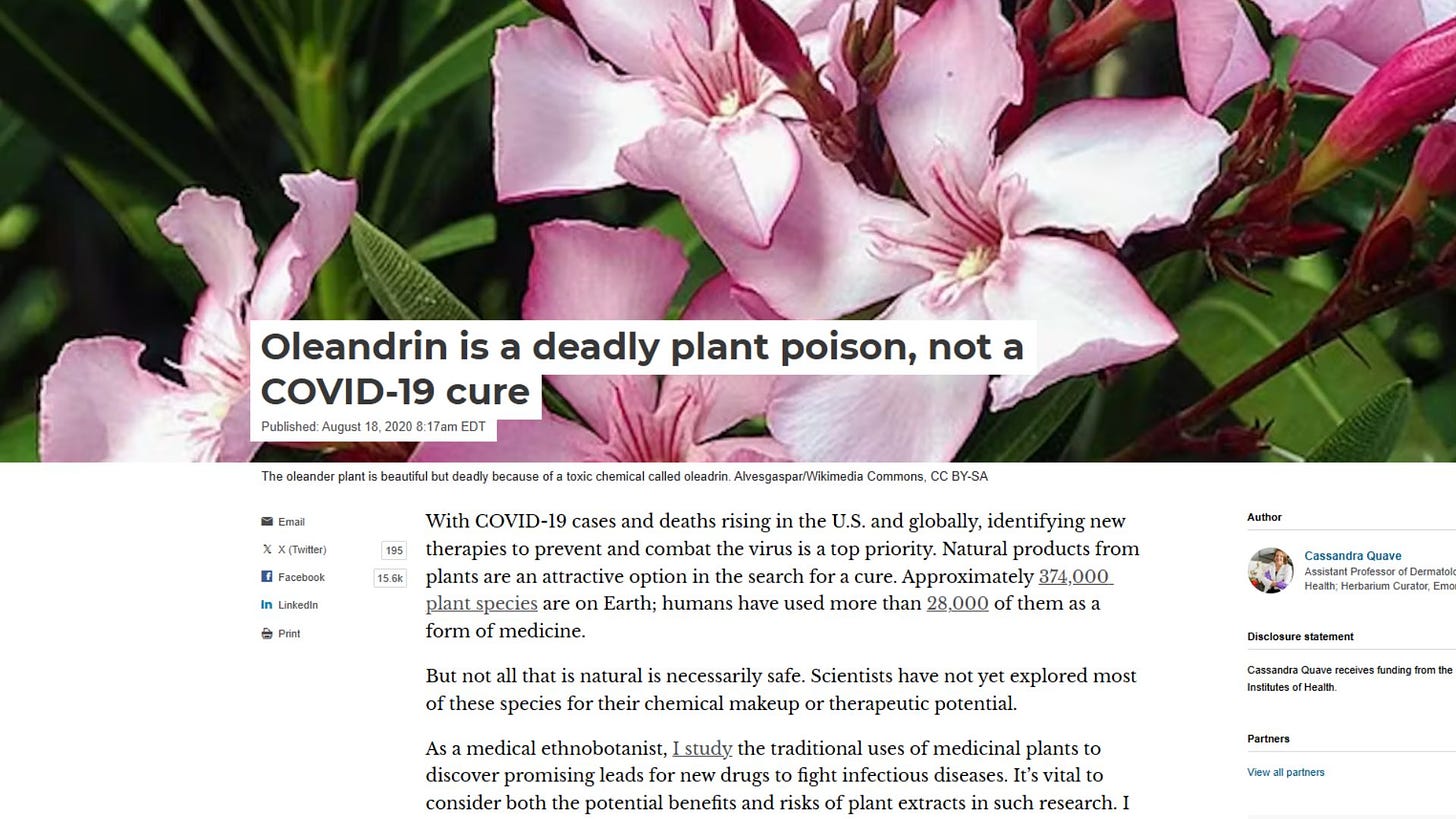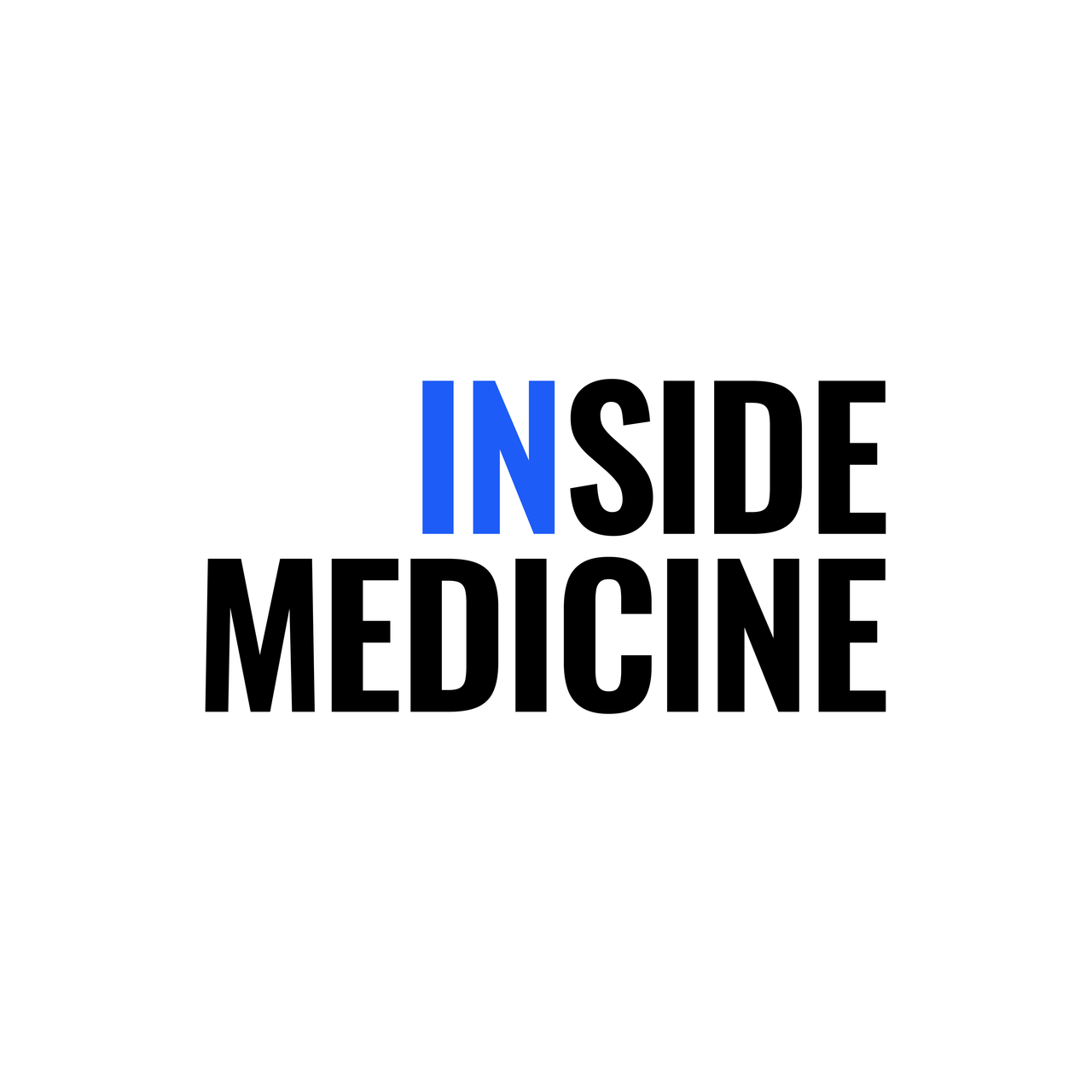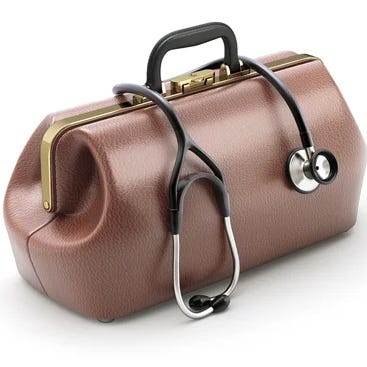
This fall, my truck had issues with the brakes. The ABS wasn’t working properly, and it quickly became apparent that the vehicle was no longer safe to drive. So, I went online and searched for mechanics, read customer reviews, and asked friends and colleagues for recommendations. After that, I chose a shop to work on the truck. A couple of weeks later, the ABS was repaired, and the vehicle was in better shape than ever.
Never once, in the process of seeking information or deciding where to take the truck for repairs, did I think, Ah, I should take the vehicle to my dentist, my accountant, or a fast-food restaurant for repairs. Instead, I went to the experts—people who had pursued specialized education and training in mechanics and had already built up years of experience in the field.
Why, then, should we use a different sort of logic when it comes to making informed decisions about our food, our healthcare, or our environment?
Politics is polarizing, but access to accurate information about our health, our food, and environment should not be.
To say that the presidential pick of Robert F. Kennedy, Jr. to oversee the Department of Health and Human Services is alarming is an understatement. This role would place RFK Jr. at the head of a long list of government agencies, including the Administration of Children and Families (ACF), Advanced Research Projects for Health (ARPA-H), Administration for Strategic Preparedness and Response (ASPR), Centers for Disease Control and Prevention (CDC), Centers for Medicare and Medicaid Services (CMS), Food and Drug Administration (FDA), Indian Health Service (IHS), National Institutes of Health (NIH), Office for Civil Rights (OCR), and more. RFK Jr. is a lawyer and has neither the education, expertise, nor experience in health or science necessary for the role.
Politics aside, RFK Jr. is well known for touting conspiracy theories, is an adamant opponent of lifesaving vaccines, and stated last year that he wants to put infectious disease research funded through the National Institutes of Health on “a break.”
This comes at a time when human and veterinary health are facing one of our greatest challenges: the rise of untreatable, antibiotic-resistant infections, which are estimated to kill more than 10 million people annually by 2050. This threat makes everything from simple medical procedures to childbirth and cancer treatments much more dangerous. A “break” in scientific research on infectious diseases would only add fuel to the fire, eliminating any hope we have of preparing for this escalating threat to human life.
A Poisonous Plant and Lessons from the Height of the COVID Pandemic
One early morning in mid-August 2020, I opened my phone to find a text from a colleague imploring me to “do something” about the misinformation spreading from the highest office of government regarding the use of a deadly plant as a COVID “cure.” But what can I do? I thought. I’m just a scientist—albeit one with extensive expertise in plant chemistry and infectious disease.
I went to work that day, writing a short, to-the-point opinion essay for The Conversation, hoping that people would read it and understand the message: do NOT consume this deadly plant poison, as it could be fatal due to its heart toxicity.
This was a time-crunched, stressful exercise that came with no financial incentives for me. I wrote it as a public service because a voice of reason was needed. One major challenge was keeping politics out of the piece. The President had been quoted as supportive of this “miracle cure” touted by Mike Lindell (AKA the “MyPillow guy”), and when the President speaks, the public listens—especially during a time when people were desperate for treatments to combat the horrific virus.
The editor I worked with at The Conversation wanted to bring politics into it, but I was strongly against that. As a science communicator, I wanted my message to reach all people, regardless of political affiliation. Unfortunately, while my piece remained apolitical, it was shared by various news outlets that heavily integrated it into politically charged articles.
At least it reached a wide audience—over 220,000 people read it, and I hope it saved some lives.
Dangers Posed to Science Communicators
Expert voices are an absolute necessity in a time of health and science misinformation and disinformation. Trusted experts need to prepare to share our knowledge and at the same time be willing to suffer the abuse that comes along with this public service. Having your voice in the public ecosystem can come with risks, such as personal attacks or even threats against one’s life. This issue is explained in this excerpt from a National Academies proceeding:
Scientists and health professionals have long been targeted in connection with their professional work. Though this problem preceded the pandemic, it has emerged as a major concern, both in the United States and globally, as a result of COVID-19. Since the onset of the pandemic, scientists and health professionals have been subjected to threats and other attacks—online and offline—resulting from their efforts to combat the spread of COVID-19 with public health interventions and information. Reports of violence—carried out by numerous actors, including governments, groups, and individuals—are wide ranging and have come from all over the globe. In some cases, scientists, health professionals, and other groups have been targeted by multiple sources simultaneously, putting them at heightened risk of harm.
—National Academies of Sciences, Engineering, and Medicine. 2023. Attacks on Scientists and Health Professionals During the Pandemic: Proceedings of a Symposium—in Brief. Washington, DC: The National Academies Press. https://doi.org/10.17226/26936.
What Can We Do to Support Trusted Voices?
First, we must identify trusted voices. This is no simple task, as the internet abounds with self-proclaimed experts on every topic imaginable. Vet your experts. Returning to the example I gave about my brakes and the search for a good mechanic—look for people who are respected by others in their field and who have strong track records showcasing their expertise. A good way to assess this for science and health professionals is to search for their name on PubMed. If they have a robust portfolio of peer-reviewed research papers in their proclaimed area of expertise, you're probably on the right track.
Here are a few trusted voices I turn to when it comes to epidemiology, medicine, and the environment. I support them through subscribing to their newsletters and sharing their content with my networks.
I consider myself a trusted voice when it comes to topics related to natural products and herbal medicine.
Who are your trusted voices? Please share below! I’ve opened up comments to the public setting on this post.
Yours in health, Dr. Quave
Cassandra L. Quave, Ph.D. is a Guggenheim Fellow, CNN Champion for Change, Fellow of the National Academy of Inventors, recipient of The National Academies Award for Excellence in Science Communication, and award-winning author of The Plant Hunter. Her day job is as professor and herbarium curator at Emory University School of Medicine, where she leads a group of research scientists studying medicinal plants to find new life-saving drugs from nature. She hosts the Foodie Pharmacology podcast and writes the Nature’s Pharmacy newsletter to share the science behind natural medicines. To support her effort, consider a paid or founding subscription or donation to her lab research.










Thank you for a thoughtful and informative discussion today.
I would add TWIV (This Week in Virology) to the list of trustworthy info sources. Also, Paul Offet (re viruses) and Peter Attia (nutrition, exercise, longevity), Michael Gregor (nutrition). Attia is opinionated and has his own way of framing the issues, but he is careful, thorough and doesn't deny his own biases.